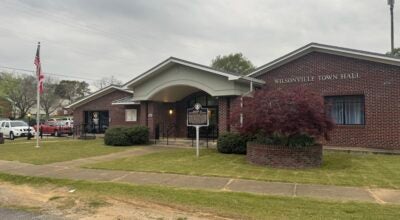Are public schools best value?
Published 11:39 am Tuesday, March 8, 2011
Given the recent vote to extend property taxes for education, it would be prudent for our county to examine the expenditure of those funds.
The Board of Education will spend $283 million on 28,172 students this year — around $10,050 per student. U.S. News & World Report identifies 17 colleges in Alabama that currently have yearly tuition around $10,500. This means our county is spending collegiate money on K-12 education.
I have a vested interest in this argument. I work for a small private school in our county. Our average tuition per K-12 student is less than $4,000. We’re accomplishing equivalent results for 40 percent of the cost of public schooling, with an average class size under 16 students.
Our county’s private schools work because they do education efficiently: one teacher with a realistic number of students and autonomy to tailor their instruction. Private schools place as little bureaucracy as possible in the way of learning.
The classic counter-argument goes like this: private schools are effective because they get students with different backgrounds or family structures. Dispelling that argument is one of the reasons our school maintains an income-based tuition program, which matches empty seats to families who can’t afford our standard rate. Prospective parents often say “We can’t afford private education,” unaware that public education costs our county three times as much money each year. This is a rigged game. Until vouchers allow educational taxes — our money — for private education, the game will stay rigged. Private schools are perfectly comfortable letting the market dictate our enrollment and our budget.
The question Shelby County residents must answer is this: why aren’t public schools comfortable with a free market?
It’s an important question. It’s the only question. It remains unanswered because public education has become a sacred cow, a thing not to be trifled with. In a country built by men who were self- or family-educated, we have determined that the only way to educate the average human is in a factory — a very large, very expensive educational factory. The teachers of the county system work under conditions that I would find untenable. I know that many of them voted for the measure to save their jobs. I feel for their dependence on a broken system, and I encourage them to ask hard questions so that their employer can become more efficient.
Since 1992, per-pupil expenditure in our state has more than doubled. Does anyone feel we’re twice as smart?
These are valid questions that need to be answered openly. I think our county would benefit greatly from answering them publicly and in print, and I invite them to do so.
Jay Adams is the director of Cornerstone Christian School in Columbiana. He can be reached at jadams@ccschargers.us.









